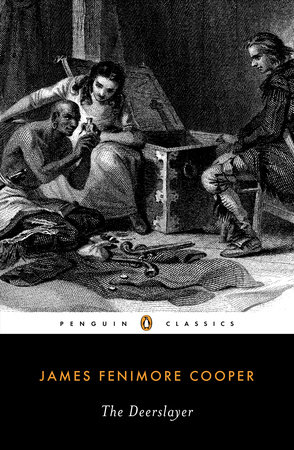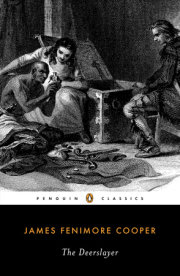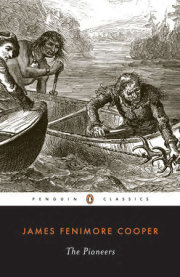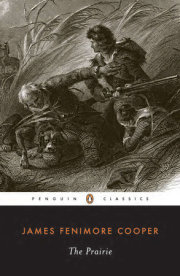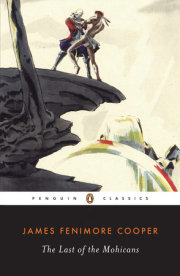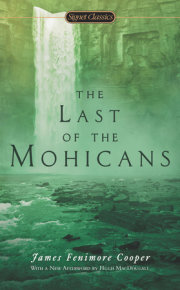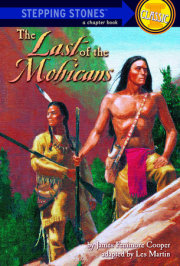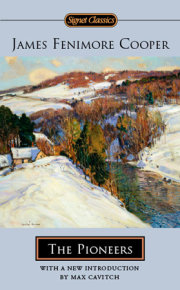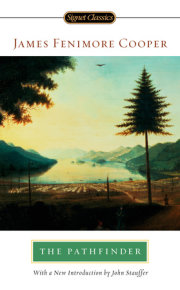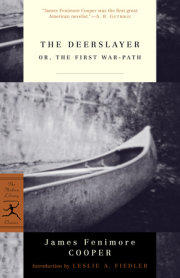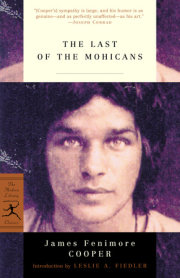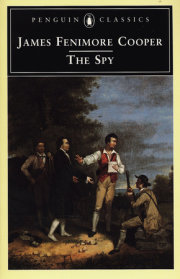From the Introduction by Leslie A. FiedlerIn 1789, the year James Fenimore Cooper was born, the thirteen North Americancade he enjoyed a leisured existence as a gentleman farmer on inherited lands in both Cooperstown and Westchester County. Popular legend holds that Cooper turned to writing when his wife jokingly suggested that he attempt a novel, but it is now known thatme a gentleman farmer and householder. The one thing he still needed was a proper wife, which he was lucky enough to find in Susan DeLancey. She, as he already knew, came from a family richer and more securely upper class than his own and, as he learned, was also an affable, intelligent woman who was fond of reading. Cooper was content with this, yet at first he did not join her when she was busy with her books but indulged in the male pastimes of hunting and hiking in the nearby hills.
After Susan had given birth to four daughters, to whom she at first read and then taught to read to each other, Cooper would stay close enough to wherever they were reading to hear them. Surely some of the erotic and sentimental passages read in the voices of those he loved must have moved him deeply. But there is no record of any positive responses on his part. A single negative one, however, is recorded in almost everything that has ever been written about him.
One time, those accounts tell us, annoyed by the ineptitude of the text being read, he cried out, “Why do you waste time and money reading trash that anybody who can spell his own name could write better. Even me!” To this Susan is said to have answered–jokingly, according to some–“Why don’t you give it a try? I’d love to see you try.” Cooper responded that he would and, surprisingly enough, did, finally producing a full-length imitation of Jane Austen. When it was in print he would tell anyone who would listen that he was now a professional writer who would write fifty more books–and sell them. This almost no one believed he would do, and many wished he would not even try.
Though Cooper was aware that neither the critics nor the general reader were interested in any more Jane Austen clones, he felt he had to keep on writing because the family inheritance on which he had been living had begun to shrink, and at the same time it had become much more expensive to feed, clothe, and educate his growing daughters. What he really wanted to write was another book that saw the world through female eyes and talked about it in a female voice. In fact, he continued for a little while to experiment with transvestite fiction, even publishing two such short stories under the female pseudonym of Jane Morgan.
Copyright © 2002 by James Fenimore Cooper. All rights reserved. No part of this excerpt may be reproduced or reprinted without permission in writing from the publisher.

